

2018-11-07 08:30:00 Wed ET
technology social safety nets education infrastructure health insurance health care medical care medication vaccine social security pension deposit insurance
PwC releases a new study of top innovators worldwide as of November 2018. This study assesses the top 1,000 global companies that spend the most on R&D year-to-date. The total R&D expenditures surge to $782 billion by a hefty margin of 11% from 2017. This increase almost triples the recent rise from 2016 to 2017. In fact, this acceleration takes place in several high-tech industries such as Internet search, e-commerce, artificial intelligence, big data, autonomous transport, semiconductor innovation, cloud software, mobile connectivity, and medicine. The top innovators include Amazon, Alphabet, Volkswagen, Samsung, Intel, Microsoft, Apple, Roche, Johnson & Johnson, and Merck.
U.S. public corporations are the biggest R&D spenders and account for about half of total R&D expenditures. Chinese tech firms experience the fastest R&D capital growth, and this upward trend reaches 34% in contrast to an 8% average increase for the U.S. counterparts. As of November 2018, Chinese firms represent 145 of the top 1,000 world-class R&D innovators. R&D capital investments indicate the relative degree of firm commitment to future productivity gains. These productivity gains arise from deep customer-centric insights, talent acquisitions, and rigorous business processes. As R&D investments bring about new patents, trademarks, and copyrights, intellectual properties serve as competitive moats and advantages that tech titans enjoy in stark contrast to less tech-savvy traditional firms.
If any of our AYA Analytica financial health memos (FHM), blog posts, ebooks, newsletters, and notifications etc, or any other form of online content curation, involves potential copyright concerns, please feel free to contact us at service@ayafintech.network so that we can remove relevant content in response to any such request within a reasonable time frame.
2019-10-19 16:35:00 Saturday ET
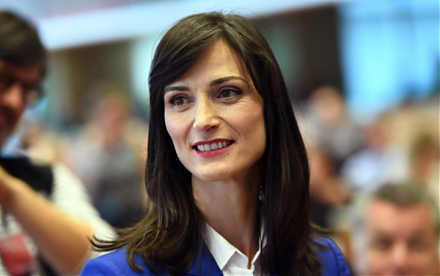
European economic integration seems to have gone backwards primarily due to the recent Brexit movement. Brexit, key European sovereign debt, and French and
2020-05-14 12:35:00 Thursday ET
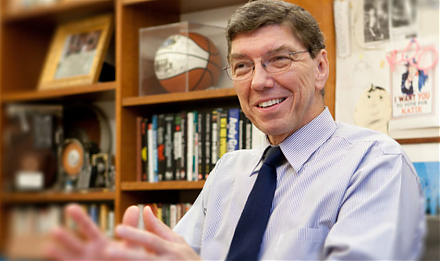
Disruptive innovators can better compete against luck by figuring out why customers hire products and services to accomplish jobs. Clayton Christensen, T
2023-11-30 08:29:00 Thursday ET
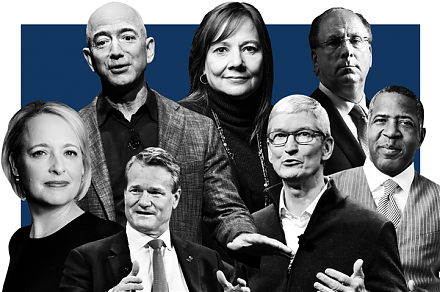
In addition to the OECD bank-credit-card model and Chinese online payment platforms, the open-payments gateways of UPI in India and Pix in Brazil have adapt
2018-12-23 13:39:00 Sunday ET
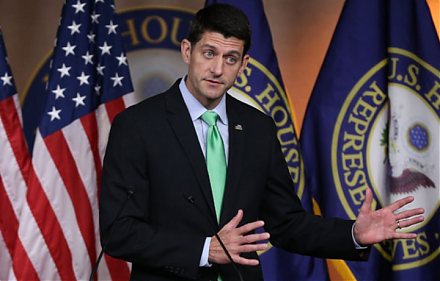
The House of Representatives considers a government expenditure bill with border wall finance and therefore sets up a shutdown stalemate with Senate. As fre
2019-01-21 10:37:00 Monday ET

Andy Yeh Alpha (AYA) AYA Analytica financial health memo (FHM) podcast channel on YouTube January 2019 In this podcast, we discuss several topical issues
2023-05-07 10:27:00 Sunday ET
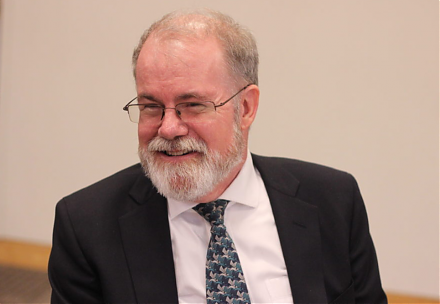
William Easterly critiques several economic development policies and then indicates that bottom-up solutions often result in macro policy success in spite o